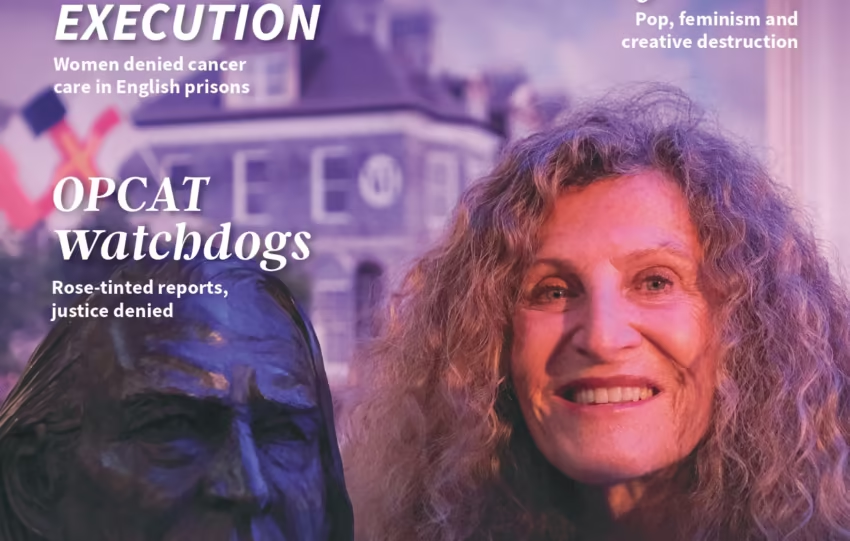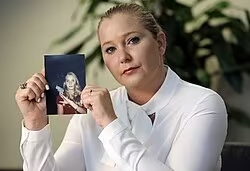Justice often feels distant until it brushes our lives, yet it quietly structures every choice the courts make, and every hour the people inside them endure. This conversation with criminal defence barrister Kate Kelleher and CBA communications lead James Rosseter pulls the curtain on a profession that balances solemn duty with shrinking margins. They describe…








